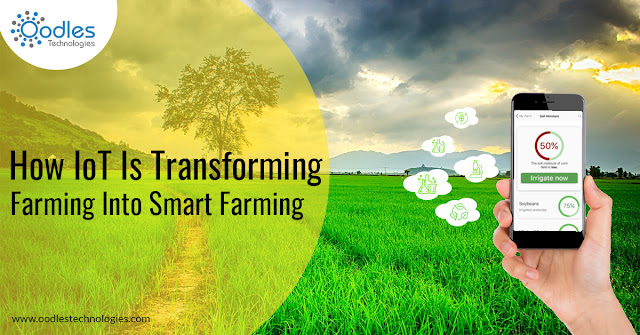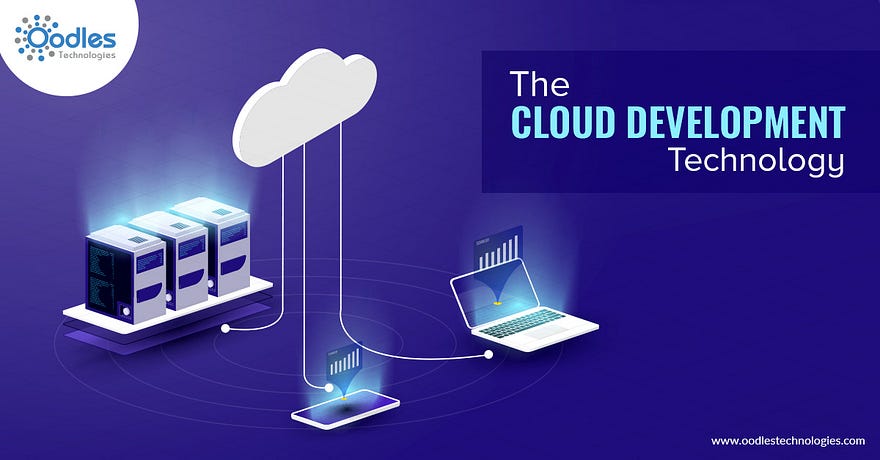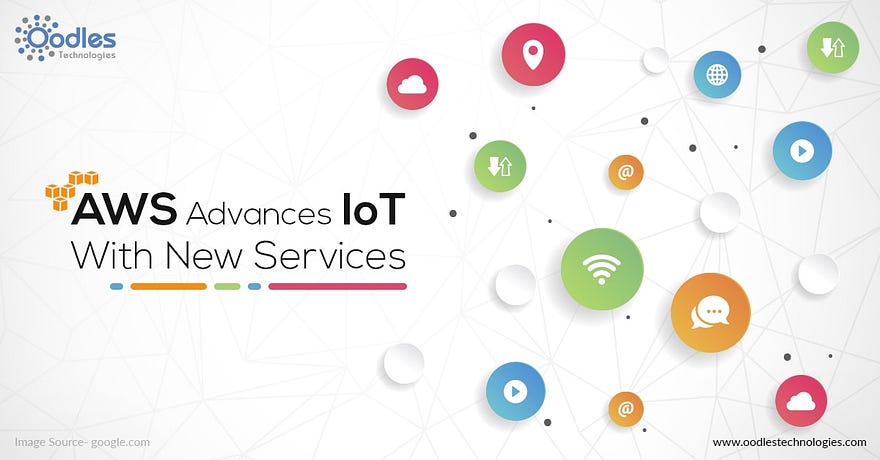IoT or the Internet of Things has been one of the most prominent and influential technologies that have graced the modern world. It leverages the power of data accumulated from a massive network of advanced sensors. IoT has made a huge impact on the mobile app development industry as data sharing between multiple devices has significantly enhanced the quality of mobile applications and user experience. Whether it is an Android or iOS app development company, everyone is jumping on the bandwagon of incorporating IoT to make the most out of the business applications.
According to the statistics, it is predicted that there will be approximately 25.44 billion IoT-connected devices in 2030. Typical IoT devices include smartwatches, drones, smart cars, health monitors, and home automation appliances- all require mobile applications to fulfill the network demands.
Improved visibility garnered from seamless data sharing has been an outcome that has significantly enhanced the quality of mobile applications in this era. In this article, we will explore how precisely the Internet of Things is reshaping the future of mobile app development.
Open-source Development
The progression of IoT technology in the mobile app development industry has resulted in a myriad of IT companies and developers sharing their own programs and applications openly. This has immensely assisted nascent developers in conventionally borrowing and creating their own distinctive apps. IoT integrations in the mobile application framework have eased the process of open-source development and have increased transparency. It is enabling the growth of mobile apps across various platforms and urging more smart technologies to be implemented in mobile apps to leverage the full potential of IoT.
Increased Hybrid App Development Opportunities
The basic native mobile applications are devised to function on a specified platform which is not a preferred condition for the appropriate implementation of IoT. As a result, Hybrid apps have encountered a significant boost in demands owing to their capability to work on different devices and platforms. This has opened new doors for mobile app developers to build heightened UX and leverage the potential of IoT to enable users in interacting through multiple-platform devices.
Also Read: Selecting Spring Boot For Application Development
Smart connectivity
This will undoubtedly be one of the hottest trends in the future. In this neoteric era of IoT, gadgets will not be connected through traditional methods such as Bluetooth, WiFi, or cellular networks any longer. Mobile app developers will be able to connect their apps and devices to IoT on their own. These applications will supposedly have an integrated gateway and will have a distinct connection protocol.
Location Independence
IoT-enabled mobiles and other devices can be used and accessed anywhere, irrespective of time and place. Even in case you are away from home or office, you can effectively connect and control the entire system. In simple terms, this next-gen technology offers seamless connectivity with location independence. You only need to have smart gadgets for running and controlling an IoT-based mobile application.
Furthermore, IoT is more valuable for custom mobile app solutions because it can impact a wide range of domains in several industry sectors. This technology can meet different business requirements and the customized mobile applications can reap its all-inclusive benefits.
The emergence of Small Businesses in Their Respective Industries
The prices associated with IoT app development services are nosediving at a faster pace than anticipated. This has enabled startups and small businesses to have a much bigger say on bigger platforms and make an impact on the online stage.
Businesses are focussing on identifying and solving the pressing challenges of the client sector and building IoT-based apps to offer feasible solutions. This is possible through the humungous amount of data collected by different companies that have furnished intensive insights to businesses for building targeted mobile apps.
Final Thoughts
IoT is destined to bring drastic changes in the tech landscape and has been reshaping the conventional mobile application development process ever since its inception. Enterprise mobile apps can boost the productivity and efficiency of complex business processes by leveraging the merits of IoT. It is such a technology that is enabling app developers to bring innovation and performance into play. The disruption streak is underpinning the market to produce high-quality native mobile applications.
If you are looking to provide rich experiences to your customers, partner with us! We offer custom IoT mobile app development solutions that can give your business cutting-edge results to beat the competition- higher sales, exceptional service, and enhanced user experience. For more information, connect with our experts.










